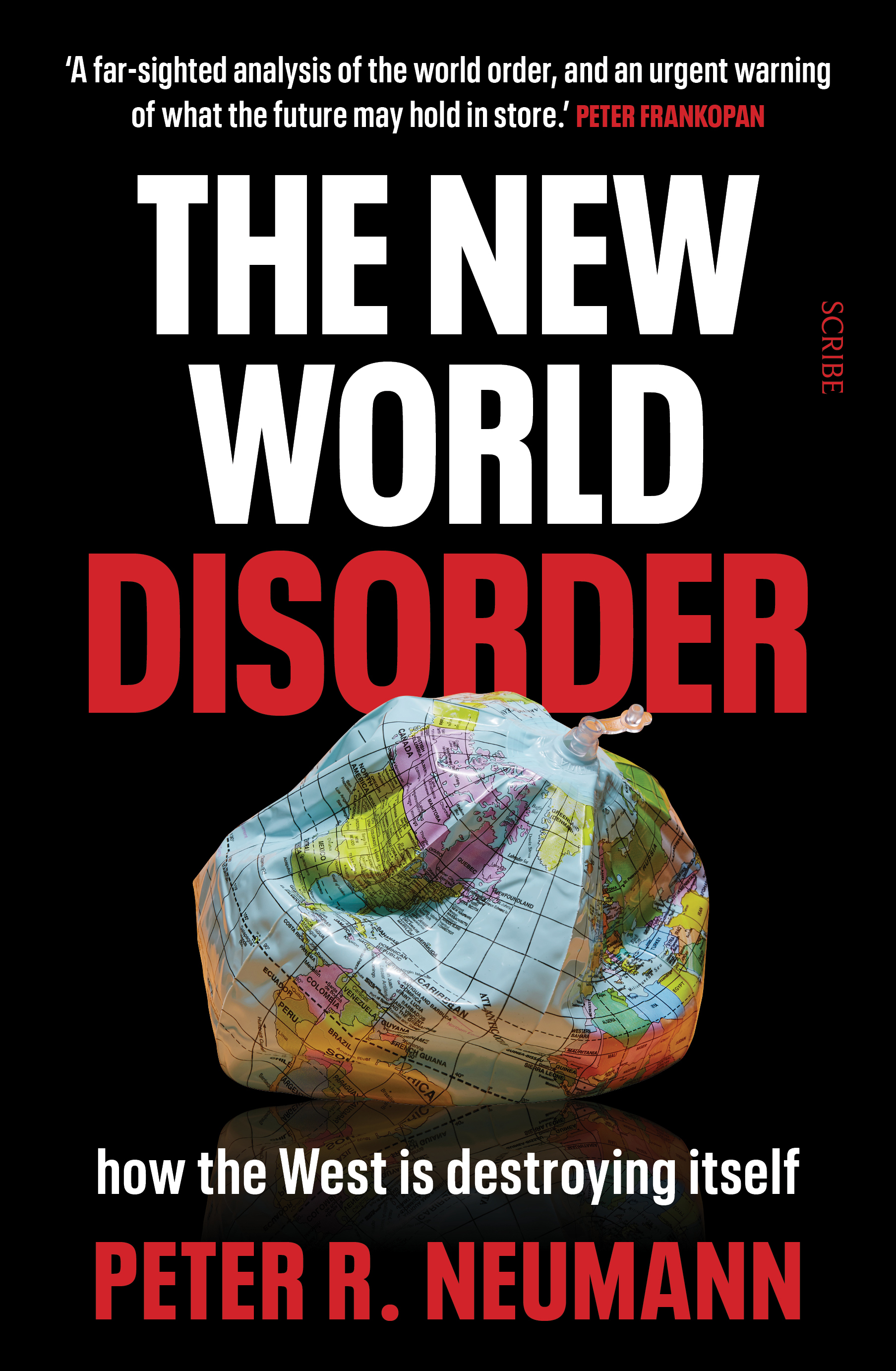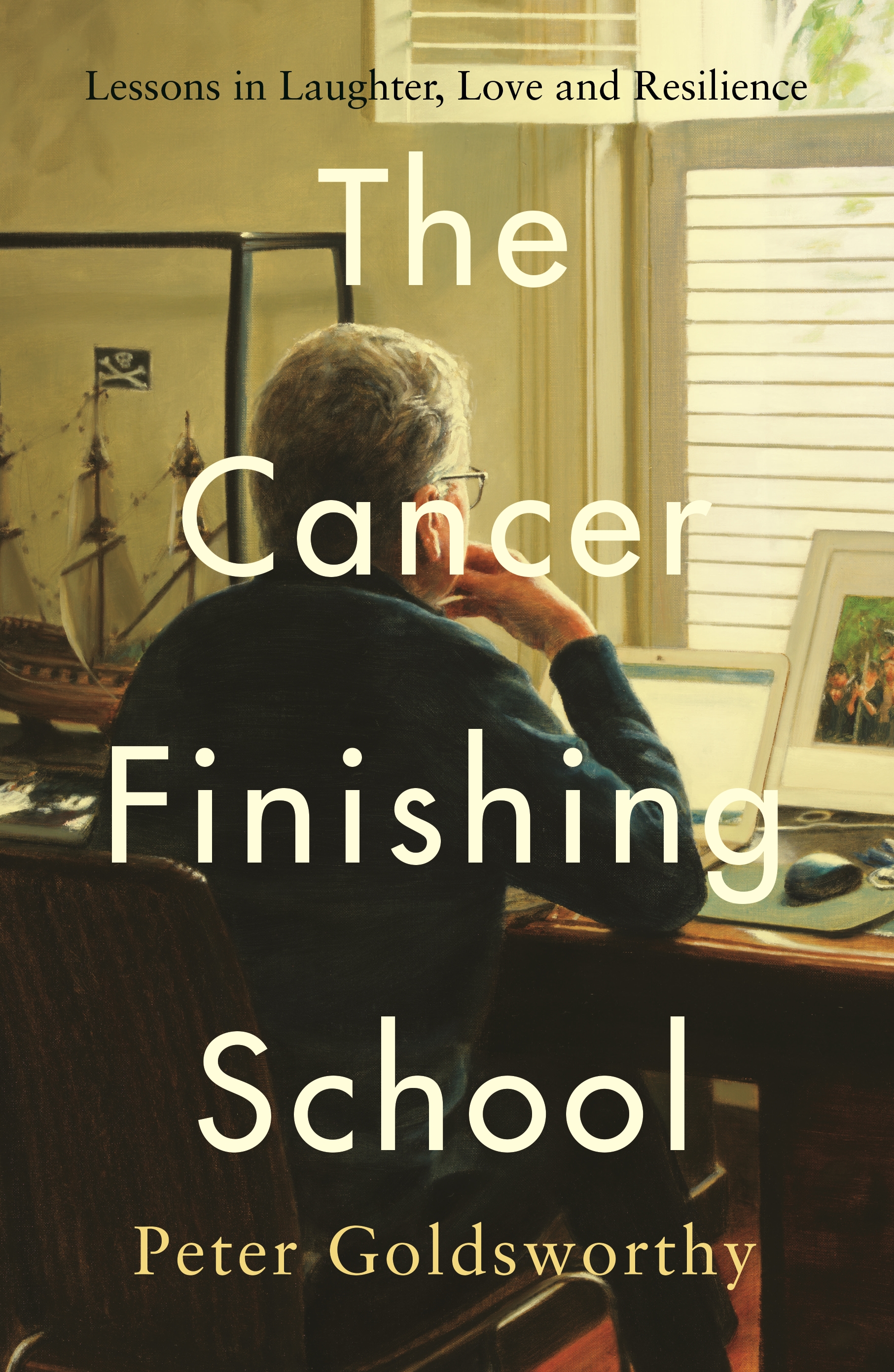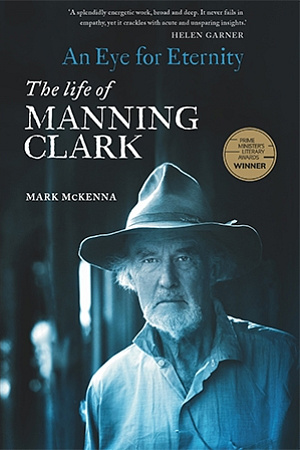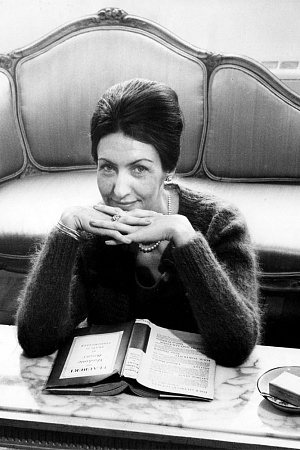The lives of ‘ordinary’ people
It was mid-afternoon when I turned a typewritten foolscap page from 1939 and found the name I had been searching for: Detective Sergeant Mischenko. The report was a pretty banal cry for resourcing. Poor Mischenko was doing the work of two detectives in Japanese-occupied Shanghai and desperately needed some assistance. On turning the page, I felt like Archimedes himself (though running through the US National Archives yelling ‘Eureka!’ might have been a touch dramatic). My journey to the suburbs in the middle of a clammy Washington DC summer had held no guarantees of finding this.
Feeling like Kafka’s Josef K., I had been sent from the second floor of the National Archives’ sterile concrete building to the fourth, then the fifth, and back again. I waited hours while these boxes from the CIA’s record collection were located, only to find that I wasn’t booked into the correct room. Without a staff member named Randy – who assured me with a kind wink and an ‘I got you’ that he could wrangle me a seat – I might have given up and headed back to my hotel for room service. My hopes of striking archival gold deflated with each obstacle. But here he was: Vladimir Mischenko, as real as one can be in black ink on yellowing paper.
Why so much effort for a few old files? I had been part of a working party consulting with the Australian Dictionary of Biography, the online encyclopedia of the lives of notable Australians. We were looking at their listings for migrants: what significant people, who were not white men of Anglo origin, were missing? I was researching the Petrov Affair at the time, so Vladimir Mischenko – also known as Bill Marshall – sprang to mind. The trouble was that I knew relatively little about him: the information was usually classified. Mischenko was one of ASIO’s earliest recruits, from the late 1940s. But he was also a recent migrant and a refugee.
Continue reading for only $10 per month. Subscribe and gain full access to Australian Book Review. Already a subscriber? Sign in. If you need assistance, feel free to contact us.










Comment (1)
For most of us the one thing that may endure beyond a generation is the marker of where we are interred: a plaque of some sort. But in most cases, rather than an expression of the acquired wisdom or insights of a lifetime or even a witty aphorism, most monuments to an ordinary life will simply feature some lame phrase like, 'In loving memory'. It's one of the great oddities of life and death.
Leave a comment
If you are an ABR subscriber, you will need to sign in to post a comment.
If you have forgotten your sign in details, or if you receive an error message when trying to submit your comment, please email your comment (and the name of the article to which it relates) to ABR Comments. We will review your comment and, subject to approval, we will post it under your name.
Please note that all comments must be approved by ABR and comply with our Terms & Conditions.